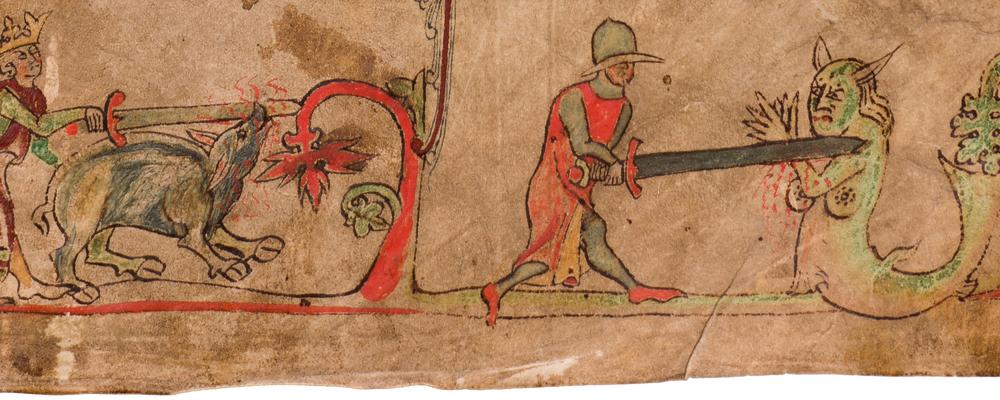More info:
Mark Fisher famously described the phenomenon of capitalist realism as "a pervasive atmosphere, conditioning not only the production of culture but also the regulation of work and education, and acting as a kind of invisible barrier constraining thought and action".
Put more pithily, he described it as the mental horizon where "it is easier to imagine the end of the world than the end of capitalism".
How far can we historicise this phenomenon? Did people in the Middle Ages also struggle to imagine alternatives to feudalism (insofar as the term "feudalism" can be rehabilitated, following the many declarations of its abolition in the 1990s)?
What methods of the imagination were available to those who sought to dream their way out of feudalism?
About Richard Cole:
Richard Cole is an Associate Professor of Medieval History at Aarhus Universitet.
His first book, The Death of Tidericus the Organist: Plague and Conspiracy Theory in Hanseatic Visby, was published in 2020 by the Viking Society for Northern Research.
He has published articles in Exemplaria, Harvard Theological Review, Saga-Book, Scandinavian Studies, Viking and Medieval Scandinavia, and the Journal of English and Germanic Philology, amongst other venues.
The lecture will be given in English. Open to the public.
Welcome to the event!
